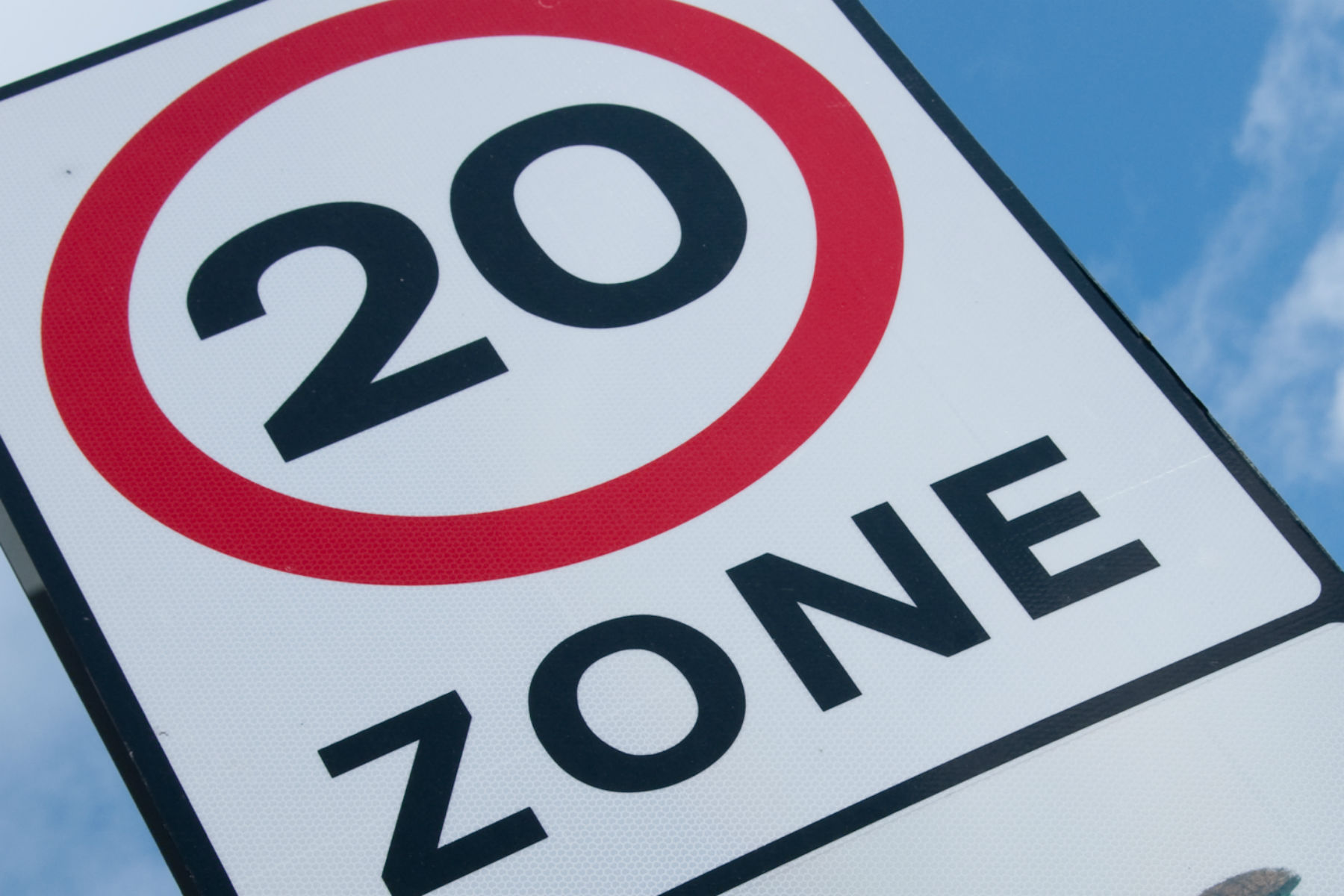Campaign groups are calling for lower speed limits in urban areas in a bid to reduce the amount of NOx pollutants being emitted from diesel cars.
Research by Imperial College London found that the average Euro 4 compliant diesel (between 1.4- and 2.0-litres) emits an extra 8.2% of NOx at 30mph – 0.81g/km compared to 0.74g/km.
In 2014, 37% of cars on UK roads were diesels – so reducing speed limits in urban areas could lead to a substantial reduction of NOx emissions.
The research is being highlighted by the 20’s Plenty for US campaign group, which says a blanket reduction of speed limits in urban areas will improve safety as well as improving air quality.
20’s Plenty for Us founder and campaign director, Rod King MBE, said: “A 20mph built up limit simply, immediately and effectively reduces dirty fumes. This government should urgently wake up to the air quality gains from 20mph. Lower speeds give so many road safety, active travel and public health benefits.”
The research also suggest that CO2 emissions from diesel cars in urban areas could be reduced by around 1% by decreasing speed limits in town and city centres to 20mph – but it would have the opposite effect on petrol cars, increasing CO2 emissions from these by around 2%.
As a result, the study found that 100 cars (a representative mix of petrols and diesels) would emit 24,591g/km CO2 at 20mph, compared to 24,309g/km at 30mph. That’s an increase of 282.5g/km CO2.
